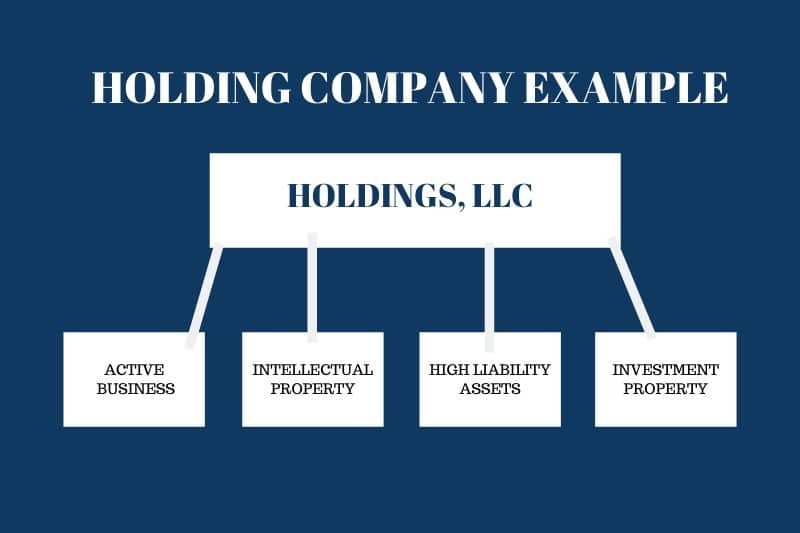We serve clients throughout Florida including those in the following localities: Miami-Dade County including Doral, Hialeah, Kendale Lakes, Kendall, Miami, and Miami Lakes; and Broward County including Miramar, Hollywood and Pembroke Pines.
Copyright © 2024, The Law Office of Alain Roman, PLLC

